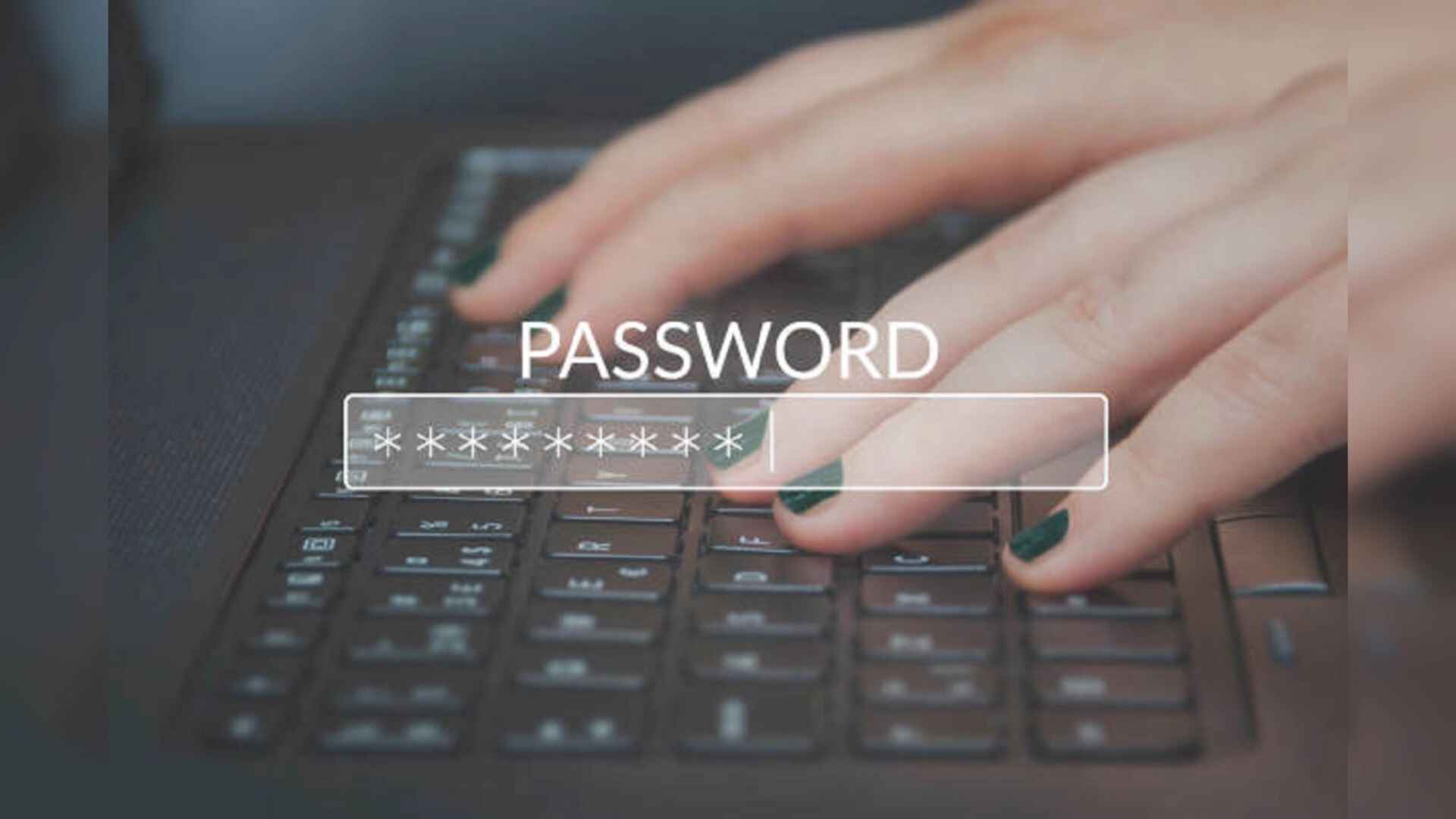A new survey by NordPass reveals that India is using some of the weakest passwords globally, which can be cracked in under a second. The survey, part of the NordPass Top 200 Most Common Passwords report, found that “123456” remains the most used password worldwide, including in India, with nearly 77,000 Indian users opting for it. Another commonly used password, “123456789,” ranked second globally and fourth in India.
The survey, in collaboration with NordStellar, shows a troubling global trend of relying on simple, easy-to-remember patterns such as “qwerty,” “1q2w3e4er5t,” and “123456789.” These patterns are just as prevalent in India, where convenience often trumps security. With an average internet user managing 168 personal and 87 work-related passwords, many opt for easily remembered choices, though this significantly weakens their defenses against hackers.
The study highlights that a majority of the most common passwords can be cracked in under a second. “Qwerty123” and “password” are common offenders, both still widely used in India, as well as globally. In India, there are slight cultural variations, such as “Indya123,” showing the local influence on weak password choices.
The survey also found that 78% of the most commonly used passwords worldwide can be cracked in less than a second, a troubling rise from 70% the previous year. The report further points out that this issue extends to businesses, where employees frequently reuse passwords between personal and work accounts, often relying on default terms like “admin” or “newmember.”
This trend stresses the urgent need for stronger, more secure passwords and enhanced cyber hygiene practices for individuals and businesses alike to protect against the growing threat of cyberattacks and data breaches.







